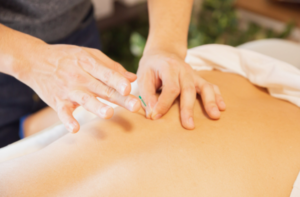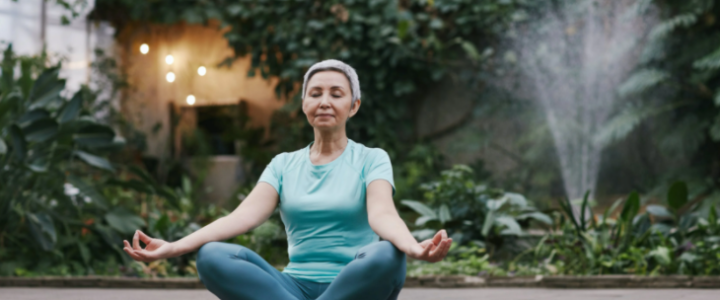Millions of people around the world suffer from incontinence. While prescription drugs and surgery can provide temporary relief, many people find them ineffective or don’t want to take risks associated with these treatments. It is best to seek out less invasive therapies and alternatives before resorting to surgery or prescription drugs. Natural remedies for urinary retention have been around for centuries. One of the best ways to manage this issue is by wearing adult diapers. Incontinence supplies from Adult Diapers 365 are the best products for you. Newer methods have also been developed. Here are seven natural treatments for incontinence.

Adult Diapers
You may think that it’s not the way to control urinary incontinence, but it certainly works for everyone who has this issue. Adult diapers are the best way to protect them from leaking. There are times that people with this issue cannot control it. So, it would be much better for them to wear adult diapers. If you want to get the best quality adult diapers, you can contact Adult Diapers 365. This is the best adult diapers supplier that can get you perfect diapers for you. You can also consult about the size, frequency, and brands so that they can choose the ideal incontinence products for you.
Herbal Remedies
Although science can’t confirm the effectiveness of herbal remedies for urinary problems, that doesn’t mean they’re ineffective. There aren’t enough scientific studies to prove their effectiveness. Many modern anecdotal reports, combined with centuries of traditional use, indicate that herbal remedies are used successfully to relieve urinary problems in many people. It is important to remember that not all herbal remedies are the same. It is advisable to buy only products from reputable companies. It is also advisable to consult your doctor before starting any herbal treatment, especially taking other medications. These include Buchu, Cornsilk, Cleavers, Gosha-Jinki-Gan, Saw Palmetto, and Pumpkin Seed Extract.
Acupuncture
 Two studies were conducted in 2005 and 2009. Results showed that acupuncture treatment resulted in significant improvement in bladder control and a reduction in daytime accidents. Similar results were found in 2009 in women who received a placebo instead of acupuncture. In 2013, 17 studies were conducted comparing acupuncture to pharmacological treatments for urinary incontinence. Researchers were particularly interested in one study.
Two studies were conducted in 2005 and 2009. Results showed that acupuncture treatment resulted in significant improvement in bladder control and a reduction in daytime accidents. Similar results were found in 2009 in women who received a placebo instead of acupuncture. In 2013, 17 studies were conducted comparing acupuncture to pharmacological treatments for urinary incontinence. Researchers were particularly interested in one study.
Wang Y et al. conducted a Chinese study in which 60 women received acupuncture (or the drug midodrine) to treat their incontinence. Although neither treatment cured the women’s incontinence, the researchers found that the acupuncture group had a significantly better experience (73%) than the midodrine group (33%).
Yoga
According to reports from yoga practitioners, regular practice of Utkatasana (chair pose) and a lesser-known exercise called Mula bandha (sometimes called moola bhanha) improves bladder control. These movements, similar to Kegel exercises, help strengthen pelvic floor muscles, allowing for better control. Both yoga and Kegel exercises are more effective in treating stress incontinence than urge incontinence. However, both can provide some benefits.
Healthy Diet
Your diet can help with incontinence. However, it is essential to watch what you eat as what you eat. You can cut back on caffeine, alcohol, spicy foods, citrus fruits, dairy, sweeteners, and even natural sweeteners like honey and sugar. Whole grains, legumes, vegetables, fruits, and non-citrus legumes should be included in your diet and drinks. Fruit juices, especially those made from grapes, apples, and cranberries, are another excellent option. However, beware of the high sugar content. Avoid sugary drinks and dilute grape and apple juices with water. These juices naturally contain a lot of sugar.
Too much water can cause problems as well as too little. Dehydration causes the urine to become enriched with toxins. This can lead to increased irritation of the bladder and increase the risk of urinary tract infection. Understandably, fluid intake may be reduced in response to UTI. However, the urge to reduce fluid intake should be resisted. This is counterproductive. If you drink more fluids, you can flush toxins and bacteria from your kidneys and urinary tract. Don’t run out of fluids!

